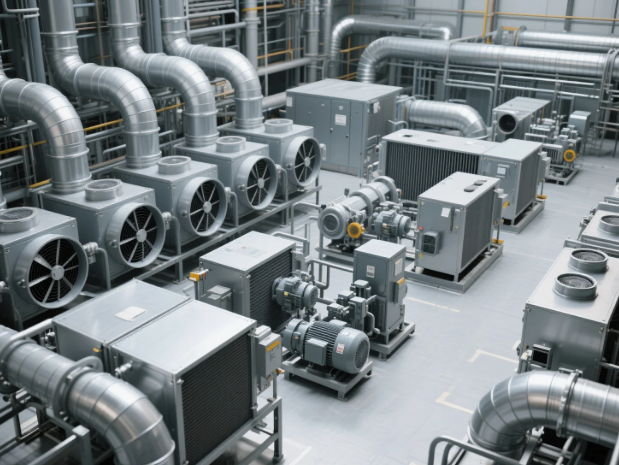Next-Generation HVAC Systems: Optimizing Climate Control Through Smart Technologies

Modern HVAC installation services combine energy efficiency analytics with advanced airflow modeling to revolutionize indoor environmental management. This technical examination explores 15 critical components driving innovation in heating, ventilation, and air conditioning system design and implementation.
Core System Innovations
Variable refrigerant energy efficient HVAC systems achieve SEER ratings above 26 through inverter-driven compressors. Self-diagnosing smart thermostat integrations automatically adjust zoning patterns based on occupancy sensors. Hybrid geothermal HVAC installations leverage ground-source heat exchange for year-round temperature stabilization.
Commercial Solutions
Industrial-grade commercial HVAC repair services utilize predictive maintenance algorithms to prevent system failures. Hospital-grade air purification systems integrate HEPA filtration with UV-C light sterilization. Warehouse-scale ductless HVAC systems deploy multi-zone VRF technology for precise climate segmentation.
Residential Technologies
AI-optimized HVAC maintenance plans analyze usage patterns to schedule proactive component replacements. Noise-reduced HVAC system upgrades employ sound-dampening compressor enclosures for quiet operation. Storm-resistant HVAC installation companies anchor outdoor units with hurricane-rated mounting systems.
Energy Management
Blockchain HVAC energy audits track real-time consumption through smart meter integrations. Solar-compatible HVAC rebate programs maximize tax incentives through certified equipment pairings. Thermal imaging home HVAC services identify insulation gaps affecting system efficiency.
Specialized Applications
Historic property HVAC retrofitting preserves architectural integrity while upgrading to modern efficiency standards. Wine cellar precision climate control systems maintain ±0.5°C temperature stability. Laboratory cleanroom HVAC installations achieve ISO 14644-1 Class 5 particulate standards.
Smart Technologies
Machine learning HVAC optimization software automatically adjusts settings based on weather forecasts. Voice-controlled HVAC service contracts enable hands-free maintenance scheduling through AI assistants. Cybersecurity commercial HVAC controls protect building automation systems from digital threats.
Environmental Compliance
EPA-certified HVAC refrigerant handling ensures proper disposal of phased-out coolants. Low-GWP green HVAC systems utilize R-454B refrigerants with 78% lower global warming potential. LEED-compliant HVAC design services optimize fresh air exchange rates for certification requirements.
Financial Considerations
Warranty-backed HVAC replacement costs now cover 10-year parts and labor guarantees. Financing HVAC repair services offer 0% APR options for emergency system overhauls. Appraisal-boosting HVAC upgrades demonstrate 15% ROI through improved home valuation metrics.